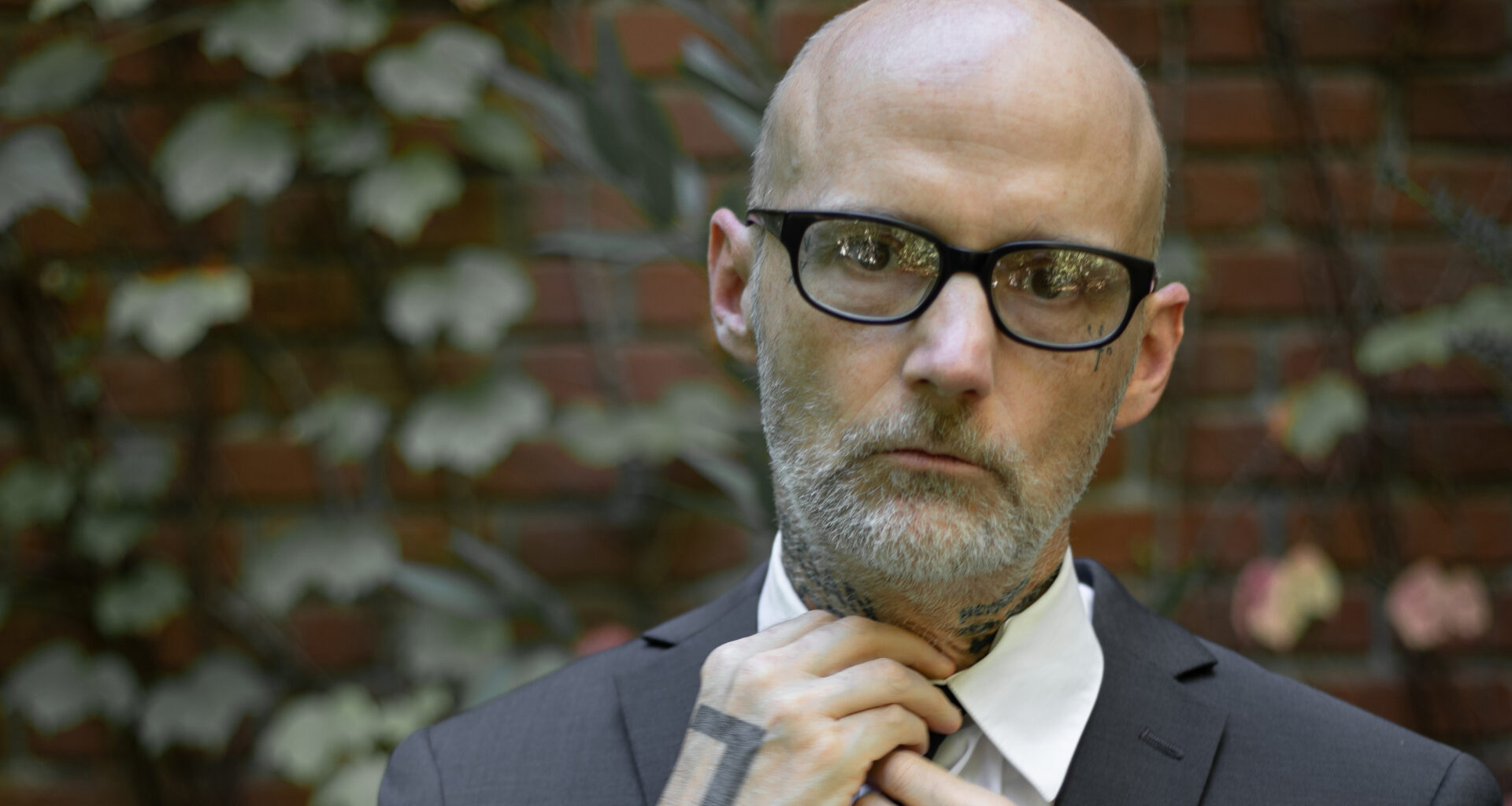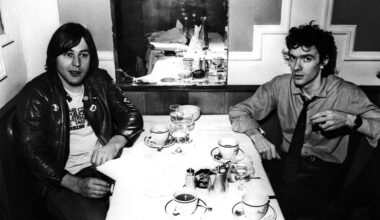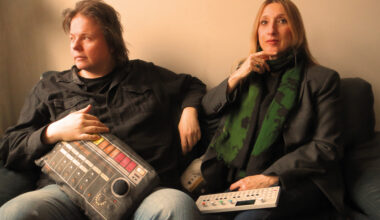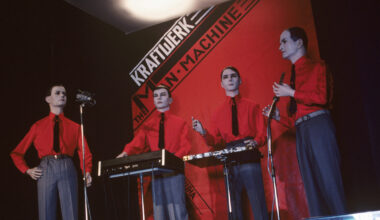With the release of ‘Resound NYC’, a reimagining and orchestration of his New York-centric hits, Moby reflects on the influence of the Big Apple, the power of the human voice, and hanging out with David Bowie and Lou Reed
Want to read more?
Sign up to Electronic Sound Premium to gain access to every post, video, special offers, and more. 100%, all you can eat, no commitment, cancel any time.
Already a premium member? Log in here






